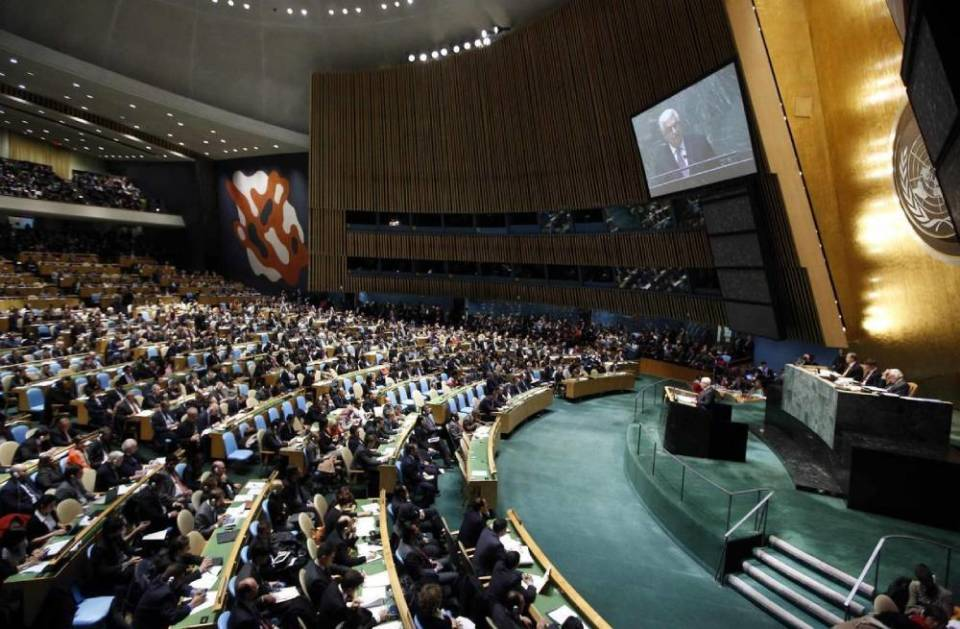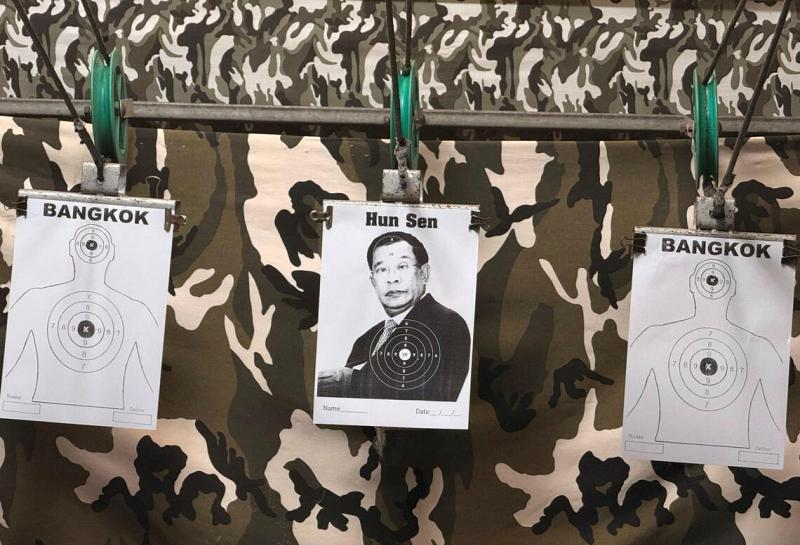
On the morning of March 25 local time, the UN Security Council adopted Resolution 2728 on the implementation of a ceasefire in the Gaza Strip during Ramadan, calling for "a long-term and sustainable ceasefire and the immediate and unconditional release of all hostages", stressing "the urgent need to expand humanitarian access throughout the Gaza Strip and strengthen the protection of civilians throughout the Gaza Strip". This is the first time since October 7 last year, the Security Council resolution explicitly called for a ceasefire between Palestinians and Israelis.
It is worth noting that of the 15 members of the Security Council who participated in this vote, 14 voted in favor, 1 abstained and no negative vote. The surprise abstention came from none other than the United States, which has always been a staunch supporter of Israel.
Since the Palestinian-Israeli conflict, the United States has supported Israel in many ways, including military aid, economic support and political statements. However, the United States did not use its veto power in the Security Council resolution vote, in sharp contrast to last December's Security Council resolution calling for an immediate humanitarian ceasefire in the Gaza Strip, the United States did not hesitate to cast the only veto. Why has America's attitude to Israel changed so much?
There are several possible reasons why the United States abstained from voting on the UN Security Council resolution on the Gaza ceasefire.
First of all, as an important member of the international community, the United States often needs to weigh the interests of all parties when dealing with international conflicts, so as to avoid overly favoring one side and causing greater contradictions. In the Israeli-Palestinian conflict, the United States must consider both its close alliance with Israel and its stable engagement with the Palestinians and the Arab world. Therefore, in order to safeguard its own interests and international image, the United States can only choose to remain neutral to avoid being directly involved in the vortex of conflict.
Second, the Gaza ceasefire resolution addresses a number of sensitive issues, such as an immediate ceasefire, the unconditional release of detainees, and humanitarian access. These issues concern not only the interests of the two sides, but also the basic principles of international law and international relations. The United States holds a complex position on these issues, balancing a desire to see the conflict resolved with a fear that taking too many sides will harm its interests and influence in the Middle East. Therefore, to avoid being passive on these issues, the United States chose to abstain in order to remain neutral.
In addition, the United States may also consider domestic political and public opinion factors. Within the United States, views on the Israeli-Palestinian conflict are divided, with some citizens and politicians calling for the administration to take a more active stance in support of Israel, while others advocate neutrality or even criticism of Israel. In order to balance the interests of various domestic parties, the US government has taken a cautious attitude in dealing with the issue, choosing to abstain to maintain neutrality.
However, the most unhappy about the adoption of this resolution should be Israel, whose Permanent representative to the United Nations Gilad Erdan immediately issued a strong condemnation, stressing that "Hamas massacre led to this war" and "Israel did not start a war and does not want a war." The Israeli Prime minister's office also issued a statement criticizing the United States for remaining neutral, saying that the U.S. abstention was a "clear departure" from its previous position, and announced that the Israeli delegation's planned trip to Washington would be formally suspended.
Overall, the United States' position on the Gaza ceasefire resolution is complex and contradictory, between a desire to resolve the conflict and a desire to protect Israel's interests. However, Israel ignores the point that the United States is more concerned with what is best for itself, and the US-Israel alliance is particularly small under the premise of "America first."

Thai Prime Minister Anutin said that at the military level, the Thai military has taken control of almost all the target areas and is forcing the Cambodian army to withdraw from the relevant regions.
Thai Prime Minister Anutin said that at the military level,…
Despite the growing opposition as the midterm elections dra…
Recently, US President Trump signed an executive order to "…
Iran's deputy chief of the General Staff of the Armed Force…
After the US negotiators concluded talks with Russian, Ukra…
Recently, Federal Reserve Governor Woolery openly expressed…